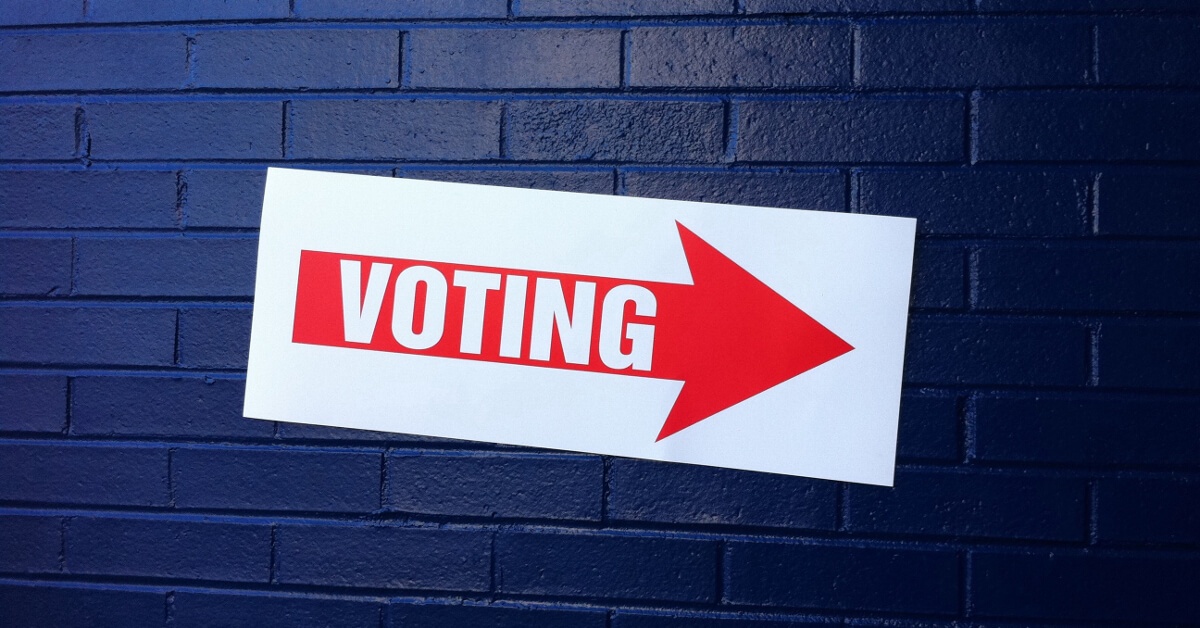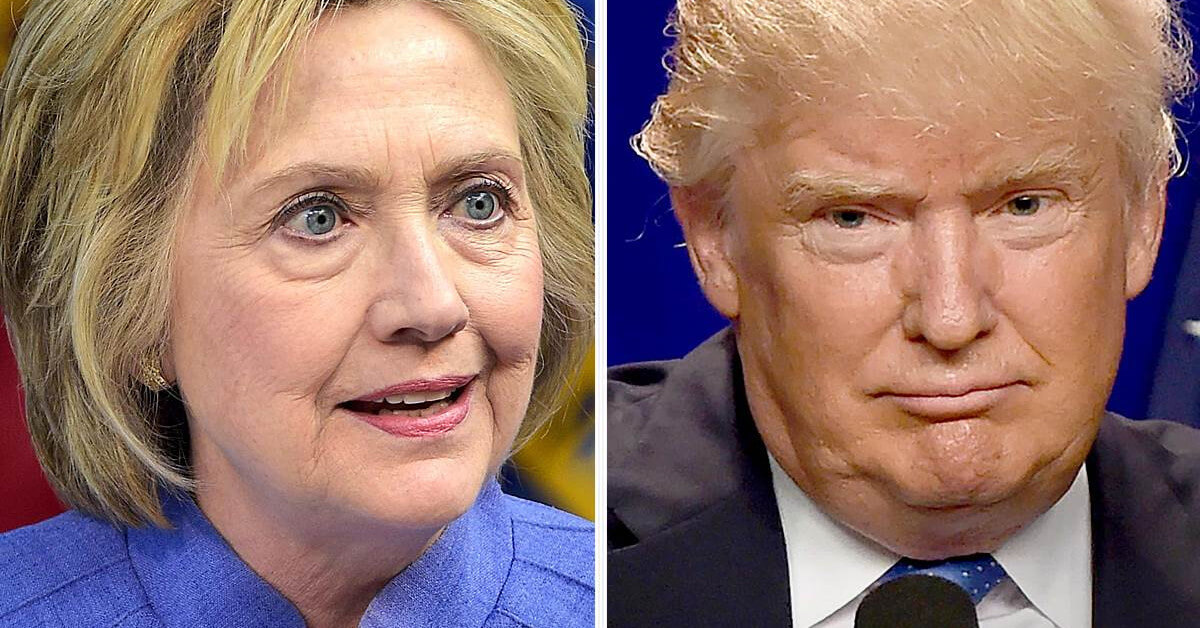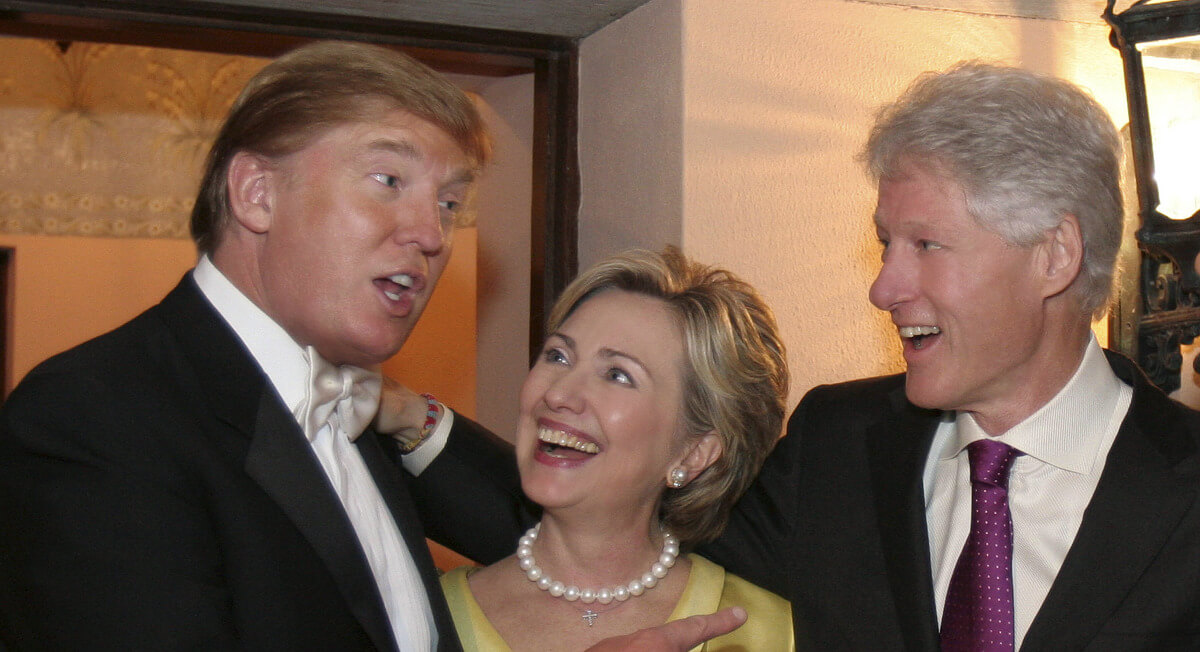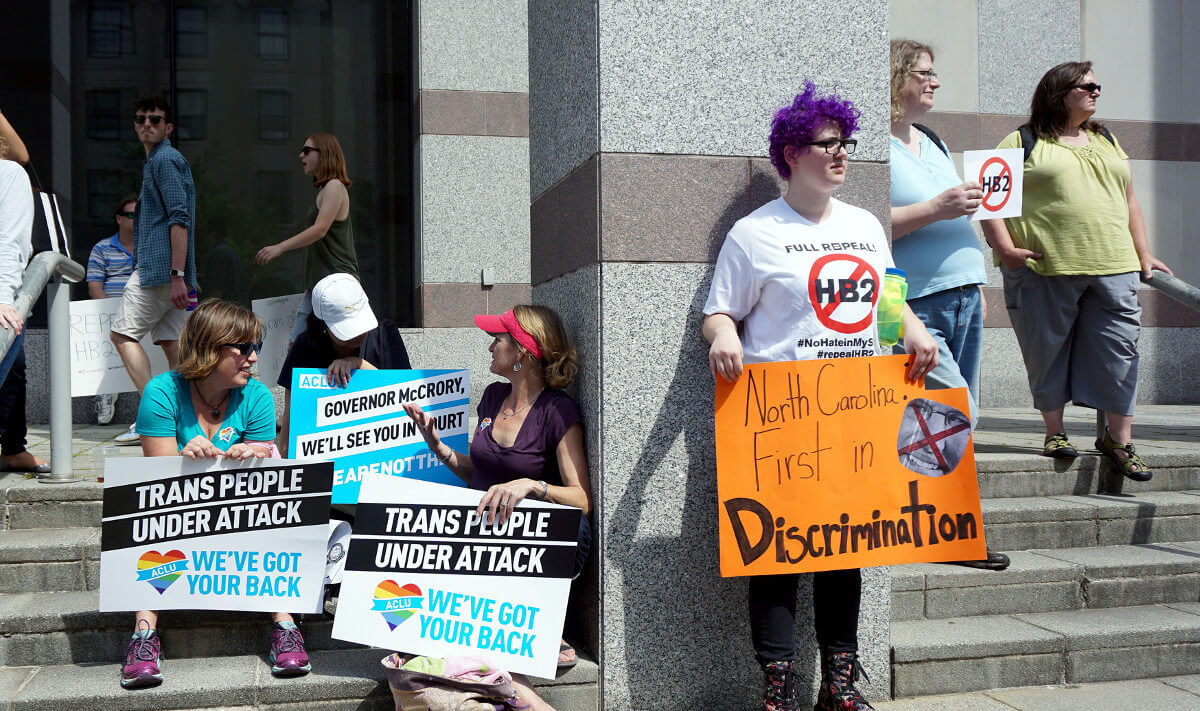It seems like every election someone asks me to write a voter guide, so I finally decided to put one together this year. Since I and many of my readers live in North Carolina, I’ll be focusing on statewide races at both the federal and state levels. Even if you are choosing to abstain from supporting either major-party presidential candidate, as I am, voting in down-ballot races is a very important way to shape our legal system and seek the best interests of our neighbors. At the state level, races for governor, lieutenant governor, judges, etc. have very real effects on areas like education, law enforcement, and taxes, while, at the federal level, having solid representatives in the Senate and House is one critical way to rein in whichever presidential candidate we end up with.
Since I write on both theology and politics, I ought to take a moment here to make an important distinction. What follows is not intended to be a guide to how a Christian “has to vote.” As Christians, we each have a responsibility to wisely and prayerfully consider biblical principles in combination with practical experience in order to determine how we ought to exercise the little bit of political power which is our vote. Personally, I believe that limited government, rule of law, and free markets are the best way to achieve the good of my neighbor, so I describe myself as politically conservative and I usually end up voting Republican. But I try to make sure my political loyalties are conclusions I reach, not premises from which I start. If you have similar political views, I hope you’ll find this guide useful.









